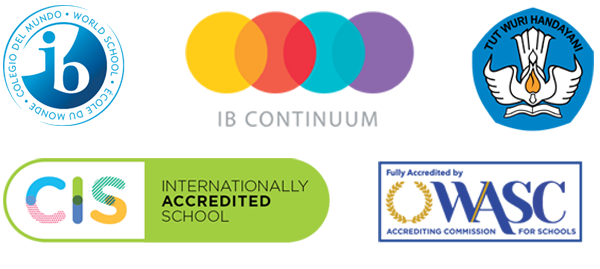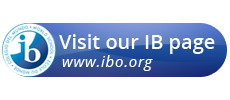The PYP Written Curriculum
The written curriculum, is made up of five essential elements and details what students will learn:
- knowledge, which is both disciplinary, represented by traditional subject areas (language, maths, science, social studies, arts, PSPE) and transdisciplinary
- concepts, which students explore through structured inquiry in order to develop coherent, in-depth understanding, and which have relevance both within and beyond subject areas
- skills, which are the broad capabilities students develop and apply during learning and in life beyond the classroom
- attitudes, which contribute to international-mindedness and the wellbeing of individuals and learning communities, and connect directly to the IB learner profile
- action, which is an expectation in the PYP that successful inquiry leads to responsible, thoughtful and appropriate action.
The programme incorporates local and global issues into the curriculum, asking students to look at six related, transdisciplinary themes and to consider the links between them.
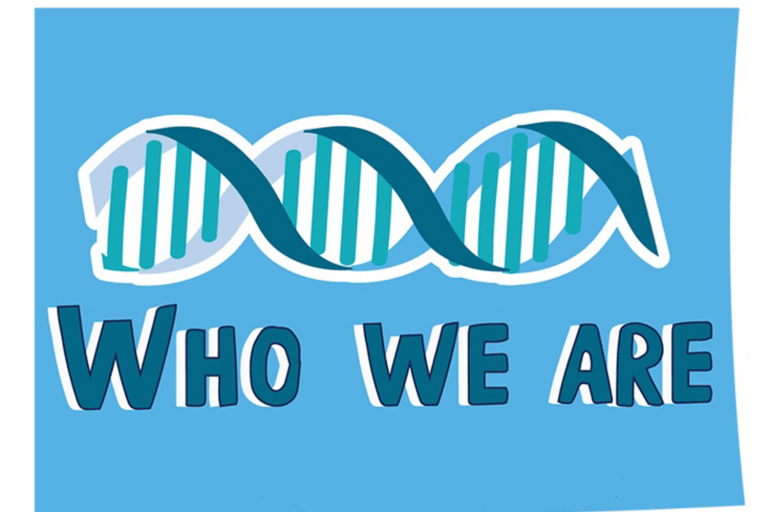
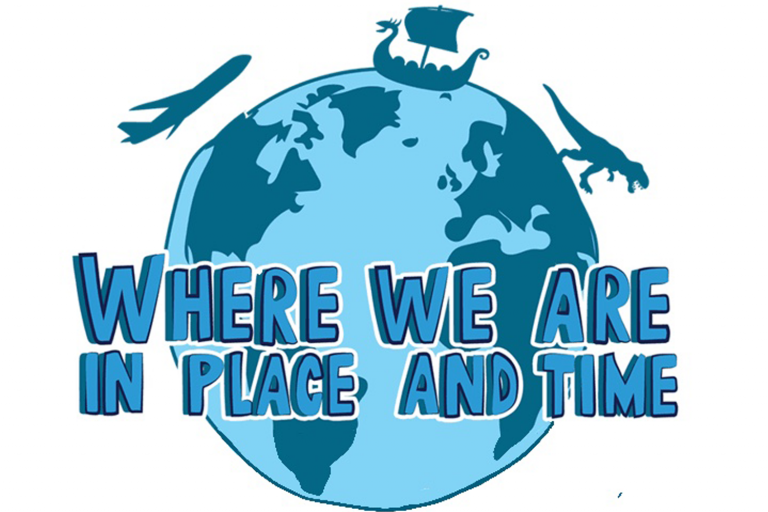
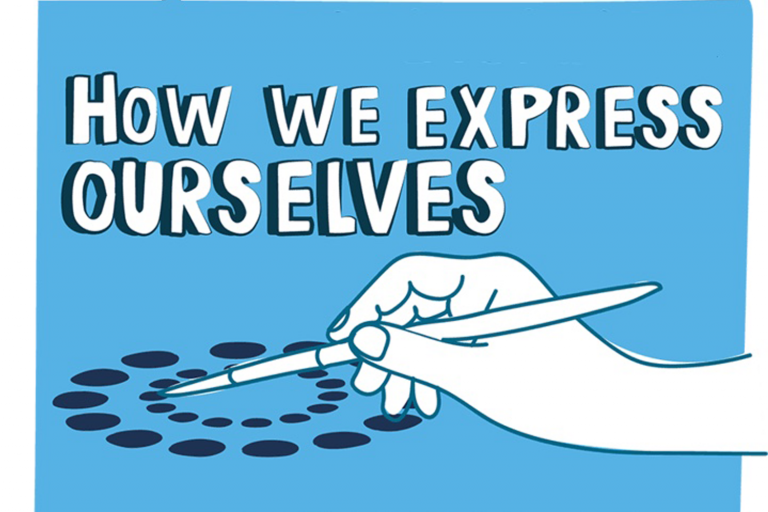
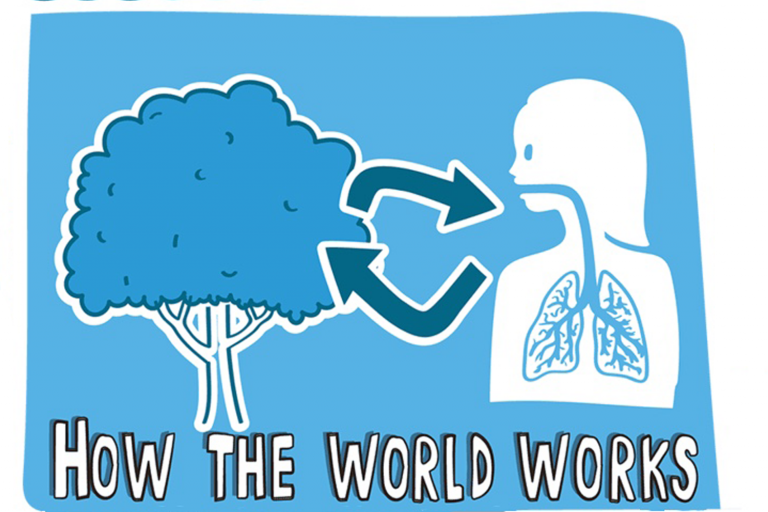
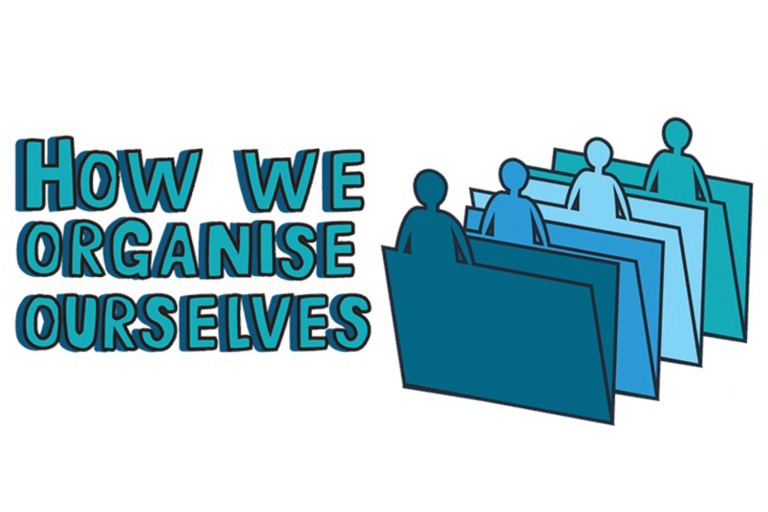

At BIS, we teach the IB curriculum throughout all grade levels. The Primary Years Programme (PYP) is taught from Preschool to Grade 5. The PYP prepares students to become active, caring, lifelong learners who demonstrate respect for themselves and others and have the capacity to participate in the world around them. It focuses on the development of the whole child as an inquirer, both within and beyond the classroom.
The PYP:
- addresses students’ academic needs and their social and emotional well-being
- encourages students to develop independence and to take responsibility for their own learning
- supports students’ effort to gain understanding of the world and to function effectively within it
- helps students to establish personal values as a foundation on which international-mindedness will flourish.
The PYP views student as being at the center of their learning. The leading pedagogical approach is guided inquiry, in which students engage in their learning in a way that sees them actively constructing meaning. The PYP is concept-driven, asking students to understand big ideas, rather than isolated facts. There is a focus on developing positive dispositions, such as respect, enthusiasm and responsibility. Students are taught essential skills that will empower them to be independent and proactive. There is a large focus on developing research, communication, social, self-management and thinking skills. Critical thinking and problem solving are important aspects of the programme. Students will work independently, but they are also often asked to work successfully in collaboration with other students. There is a very significant emphasis placed on how students learn, as well as what they learn.
In order to implement the PYP, schools undergo rigorous accreditation and evaluation processes.



